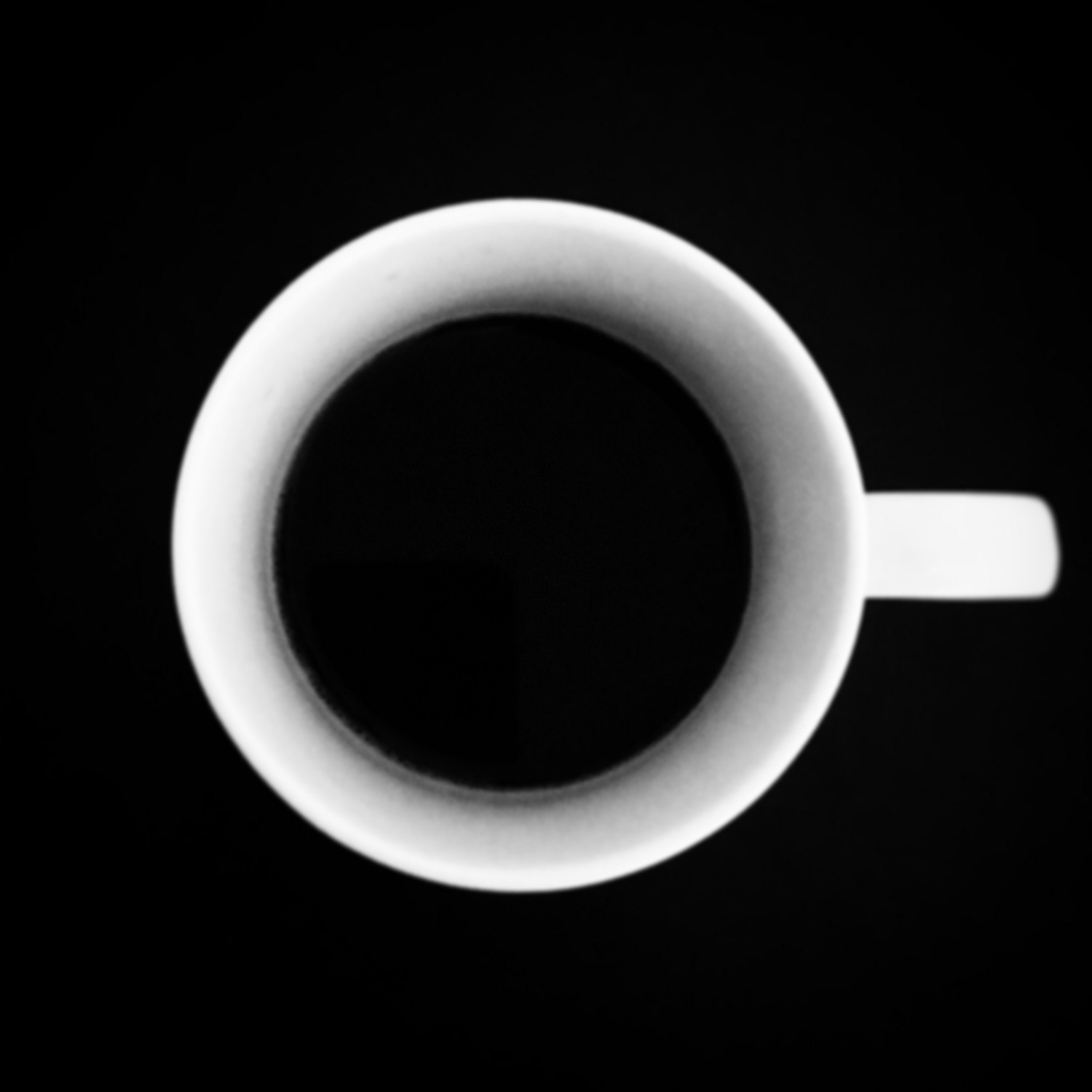Caffeine has been consumed for thousands of years in various forms and it makes sense consumption started increasing dramatically during the industrial revolution.
Technological advancements and all, caffeine continues to be a component of productivity. I’d fear for the global economy without it, or Microsoft Excel, but I digress. There could be an apocalyptic movie here, though.
Seems coffee and tea still lead the pack as sources of caffeine while caffeinated processed foods and drinks continue to grow. Not good as for many coffee and tea are their main source of antioxidants and the grossly underrated phytochemicals. Been there.
Caffeine is a powerful drug and performance enhancer but more isn’t necessarily better. I’ve gone through times reaching for coffee all day while trying to fit it all in, leading me to compromised sleep, adrenal fatigue and burn out. Not easy to dig out of that hole. May sound familiar. Not recommended.
Tea, particularly green tea, has the amino acid L-Theanine which has benefits on its own and eases some potential negative effects of caffeine, including the ability to sleep. Seems there’s wisdom in the coffee in the morning and tea in the afternoon approach adopted by many. For the less wise there’s L-Theanine as a supplement.
Many performance and diet products have caffeine and other stimulants. For exercise, I watch for what and how much gives me support in contrast to the counterproductive HR increase. Adaptogens can help the adrenal system and counterbalance the drain from caffeine. B12 supplements can pack a punch of energy without stimulation, also good when on a plant-centered diet. Yet, no silver bullets.
I’ve been accused of walking around overcaffeinated. I admit I like to brush that line but avoid crossing it. This article is a product of two cups of coffee. Small.
Originally published at medium.com


